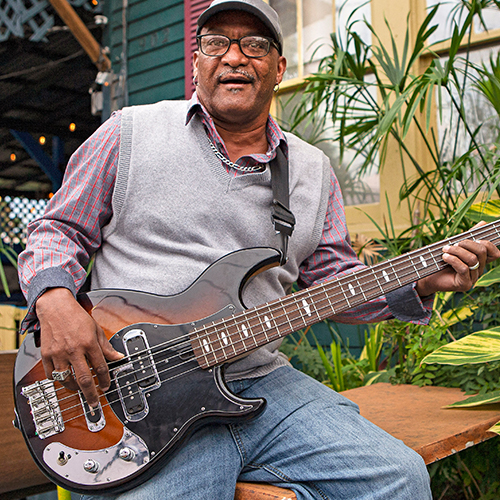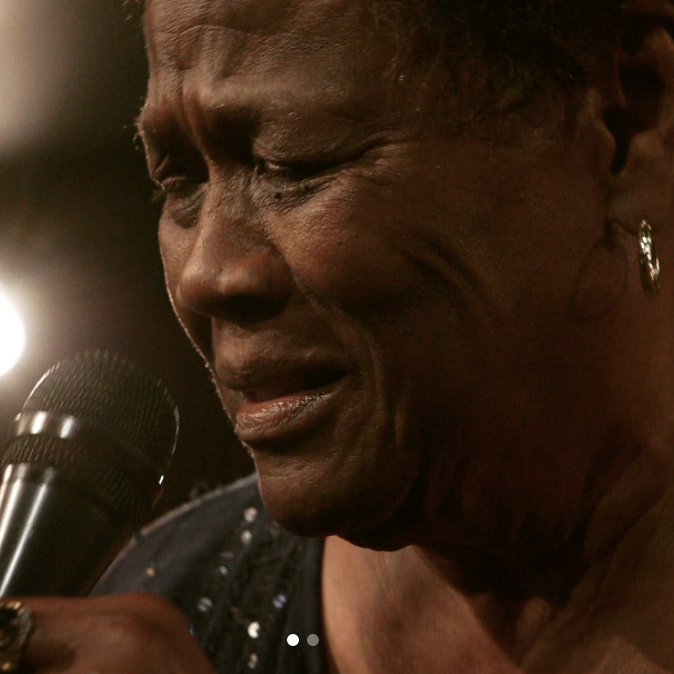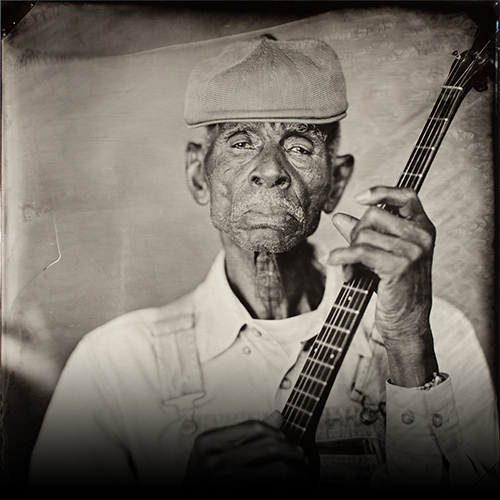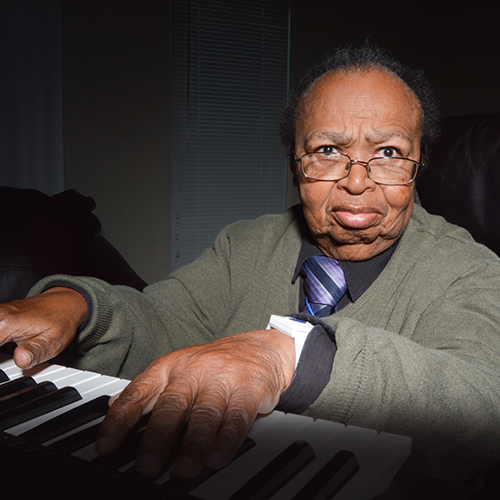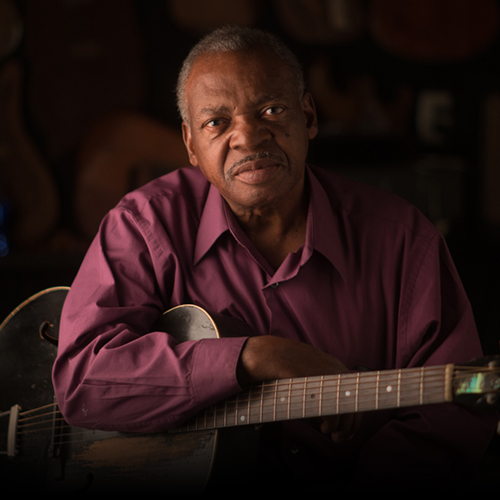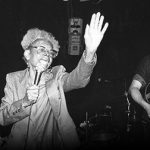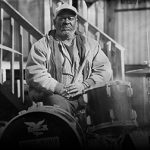Biography
“You can’t predict what life will bring you. We’re not in control of that; the Lord is. We pray every day that things will be all right and come out better, but you never know what hard trials and tribulations or what good’s going to happen in life. You have to take one day at a time and hope and pray that everything will be all right.” – William Maxwell
How We Helped:
In 2005, William Maxwell joined the Music Maker Relief Foundation family, where he has received help in the form of emergency relief grants, been relocated to North Carolina for professional development, and issued a recording. In addition, he appears in the film Toot Blues.
From Daily Camera (Boulder, Colorado) article called “The blues is in his blood: Pearl Street player William Maxwell finds joy in music,” published Nov. 26, 2006, by Greg Glasgow:
“Do you take requests, sir?,” asks the young man with an armload of vinyl records.
“I don’t know if I know anything,” comes the reply.
“How about some Bo Diddley?”
“I really don’t know his tunes, but I’m gonna play some blues for you. How about some T-Bone Walker? You like ‘Stormy Monday’?”
And with that, William Maxwell lays into his hollow-body guitar, coaxing a timeless progression through his battery-powered Crate amplifier as his raspy voice, full of soul, fills the air on the 1000 block of Pearl Street.
Maxwell, 69, lives at the Samaritan House shelter in Denver, but when the weather is nice he takes the bus to Boulder to sit outside and play blues and jazz for passers-by. His favorite spot is just outside the Daily Camera building, across from Juanita’s (where he stops in for a glass of apple juice on a regular basis) and the Kitchen.
“If it’s warm anywhere and I can make pretty decent money playing in the street, I would rather do that and be on my guitar than to be waiting tables or bar-backing, because I’m getting money and I’m enjoying what I’m doing,” Maxwell says. “I meet different people, and it makes me feel good playing.”
In Denver, he plays at clubs such as Herb’s and Kokopelli’s, but he says playing on the street in Boulder, he can make between $100 and $200 per day.
Born in Lexington, Ga., Maxwell grew up in a poor family for which music was a primary source of entertainment.
“When I grew up, that’s about all we had, besides work, was the blues,” he says. “We’d go to a little place called the juke joint on the weekend. It had sawdust on the floor, and sometimes they’d have a harmonica player and a guitar player. … We had a jukebox with some good blues on it, and we danced to that.
“You didn’t have much, but you appreciated it. That’s why so much feeling is into (the music). It was something that you really treasured, and it’s something that really made your life feel better.”
From 1952 to 1960, Maxwell served in the Army, where he hung out around the band room and got some tips from Army musicians. When he got out of the service, he studied with a couple of well-known jazz guitarists, including Stacy McKee, of Les Brown’s band. He learned jazz standards, like “Misty” and “Take The A Train,” but he also continued with his first love, the blues, learning songs by heroes like B.B. King, Charles Brown and Ray Charles. He says he spent time in Brown’s band as well as in Charles’, where he was a fill-in guitar player.
“I love to play the blues. It’s something that’s part of my life, being raised up in the South and through depression and trials and tribulations,” Maxwell says. “It’s like a therapy to me.”
Blues fan Louise Martorano, manager of Bart’s CD Cellar, says Maxwell is the only Boulder street performer she’ll tip. She says she appreciates the musician’s authentic style.
“I feel like he’s the only one with soul on the mall,” Martorano says. “He plays pretty simple 12-bar blues stuff, but he’s there with his amp — he reminds me of B.B. King in some ways, but more slowed down, more mellow.”
Maxwell’s Army days are far behind him now, but his time in the service continues to be a benefit. The Department of Veterans Affairs has helped pay for treatment for the cancer he was diagnosed with in 2003; he says he’s in Denver now to get some work done on his teeth, which were destroyed by the chemotherapy.
Last year, he says, he recorded a blues CD in North Carolina through a government program that helps musicians who have fallen on hard times.
“I thank the Lord I was in the Army, because if I wasn’t I wouldn’t be able to survive through none of these hard trials and tribulations with my health I’ve had, because I couldn’t afford none of the stuff that was given to me by the United States government,” says Maxwell, who has two children living in California.
The last two years, Maxwell has spent his summers in Colorado and his winters in Florida. He says he’ll be heading back to Florida soon. He wants to be there in time for the Super Bowl, which happens Feb. 4 in Miami, and for a big annual art show in December. Both mean lots of tourists — and potentially lots of money for street musicians like Maxwell.
In Florida, Maxwell has plans to wed his longtime girlfriend. If time — and his health — permits, he may even try to go back to Portugal and Spain, where he performed in his younger days.
“You can’t predict what life will bring you,” he says. “We’re not in control of that; the Lord is. We pray every day that things will be all right and come out better, but you never know what hard trials and tribulations or what good’s going to happen in life. You have to take one day at a time and hope and pray that everything will be all right.”
– Daily Camera Staff Writer Greg Glasgow, glasgowg@dailycamera.com
